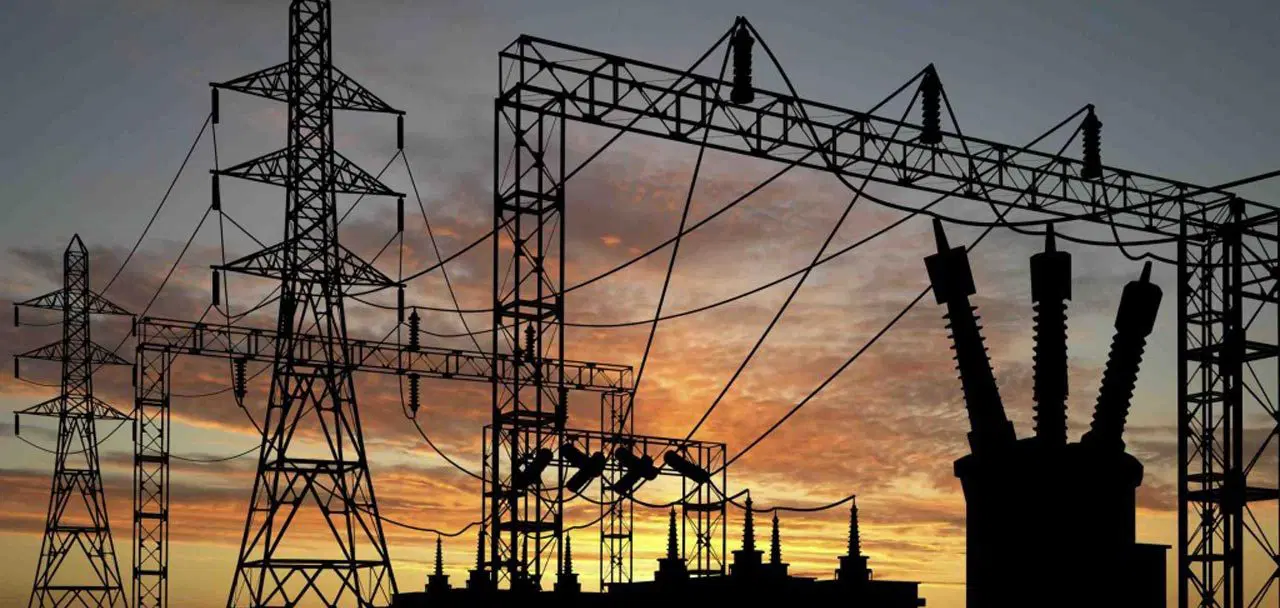Nigeria has achieved a historic milestone in power generation, reaching a peak capacity of 6,003 megawatts on March 2, 2025 — the highest ever recorded in the country’s history.
Minister of Power, Adebayo Adelabu, announced this on Thursday at the sixth edition of the 2025 Ministerial Press Briefing Series held in Abuja.
According to the minister, this achievement under President Bola Ahmed Tinubu‘s administration was followed closely by a peak generation evacuation of 5,801.44 megawatts on March 4, 2025. He also disclosed that on the same day, Nigeria recorded a daily energy output of 128,370.75 megawatt-hours.
Adelabu highlighted a significant leap in the nation’s power generation capacity, stating that the average daily output in the first quarter of 2025 stood at 5,700 MW — a marked increase from the 4,100 MW recorded in Q3 of 2023.
“This indicates a growth of 1,600 MW, nearly a 40% increase since we assumed office at the Ministry. It took the country almost four decades to gain 2,000 MW, but we achieved 1,600 MW in less than two years,” he said.
Tariff reform spurs 70% revenue growth
The minister also revealed that the April 2024 tariff adjustment for Band A customers led to a 70% surge in market revenue and reduced tariff shortfalls by ₦700 billion.
“In 2023, the power sector generated around ₦1.05 trillion, growing at 5–10% annually. However, in 2024, revenue jumped to ₦1.7 trillion, thanks to the cost-reflective tariffs for Band A customers. This 70% growth is unprecedented and reflects the success of our reforms,” Adelabu stated.
Metering initiative targets 1.1 million installations by year-end
On metering, Adelabu disclosed that the Presidential Metering Initiative, backed by a ₦700 billion FAAC allocation, is on track to deploy 1.1 million meters by the end of 2025, and 2 million meters annually over the next five years.
A newly established Special Purpose Vehicle (SPV), with a fully constituted board, is overseeing the initiative. He added that through the World Bank-funded Distribution Sector Recovery Program (DISREP), over 3.2 million meters will be procured and installed, with 75,000 meters already delivered under the first batch (ICB1) and 200,000 more expected in May 2025.
Power sector restructuring and lingering challenges
Adelabu noted that electricity Distribution Companies (DisCos) are currently undergoing restructuring to enhance efficiency and service delivery.
He, however, pointed to persistent challenges plaguing the sector, including a ₦4 trillion debt owed to Generation Companies (GenCos), vandalism, electricity theft, and widespread non-payment of bills.
“Of the ₦4 trillion in subsidy-related debts, ₦1.94 trillion remains unpaid for 2024 alone — at a current rate of about ₦200 billion per month. These issues are critical and threaten the stability of the sector,” he said.
Government reaffirms commitment to power reforms
Minister of Information and National Orientation, Alhaji Mohammed Idris, also addressed the press, reaffirming the government’s commitment to expanding electricity access and affordability under the Renewed Hope agenda.
“Electricity is central to our vision of industrialising Nigeria for jobs, skills, exports, and prosperity,” he said, praising the Ministry of Power’s strides.
He commended the media’s role in nation-building and urged journalists to report responsibly. “We owe it to Nigerians to deliver news with integrity, free from sensationalism,” Idris said.
Idris also outlined efforts to strengthen Nigeria’s media landscape, including recent engagements at the Nigerian Business Forum in Paris and meetings with UNESCO officials to establish a Media and Information Literacy Institute in Abuja.
“The institute will be a game-changer for journalism in Nigeria, equipping professionals with the tools they need for a resilient and responsible media ecosystem,” he stated.




